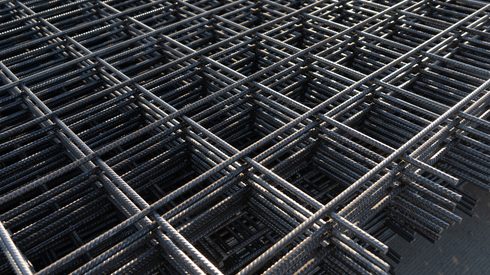“Green steel is a niche market because it’s fairly new, but it will eventually become a license to operate,” Anesan Naidoo, Anglo American’s head of sales and trading (iron ore) said on Wednesday, June 8.
And Luisa Orre, chief procurement officer at Swedish start-up H2 Green Steel, said on Tuesday that “demand for high-grade green steel is definitely here.”
H2 Geen Steel is planning to produce hydrogen-based steel from 2024-2025. And its customers have already expressed an interest in, and are willing to pay a premium for, more environmentally friendly steel, Orre said.
Additional costs incurred producing green steel can be passed on to customers in the same way as additional costs to produce organic and ethical food have been passed on to the general public, she said, predicting more liquidity in green steel premiums in the coming years.
Green steel is generally defined as steel with less than 0.6 tonnes of CO2 emissions per tonne of steel produced. The steel industry is currently responsible for 7-9% of global CO2 emissions and is on a journey to decarbonize using low-carbon materials such as high-grade iron ore and scrap and new technologies such as green hydrogen-based direct reduction.
“Green steel premiums are coming,” Lee Kirk, managing director for metals at Cargill, said on Tuesday. “We expect a shortage of 5-15 million tonnes of green flat steel in Europe by 2030. It’s going to be in scarce resource.”
The steel industry is behind other sectors, such as battery producers, in terms of environmental, social, and corporate governance (ESG) and investing in greener technologies and raw materials and it needs at least 5-10 more years of investment into projects for greener raw materials, according to Kirk.
“Carbon pricing, energy pricing and green premiums are all intertwined with one another. We will see higher carbon pricing and more green premiums being introduced to the market. Access to green steel has drawn interest but supply in the industry is still tight. Green premiums will evolve eventually and [will become] more viable,” Kirk said.
Premiums for green iron ore?
In the same way that steelmakers are pushing for the introduction of green premiums, iron ore producers have this week introduced the idea of green premiums for low-carbon iron ore and warned of the days when customers will only accept to buy iron ore from ESG-certified miners.
“It’s very early days but we do see it coming,” according to Chris McMahen, group manager of technical marketing at Australian iron ore producer FMG Fortescue,
He said that iron ore premiums would need to be negotiated between miners and steelmakers for some time, but added that the premium for ‘green iron ore’ is likely to be a much smaller proportion of the overall price than the premium for green steel.






